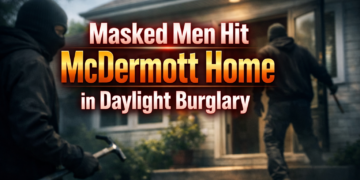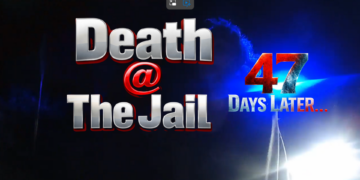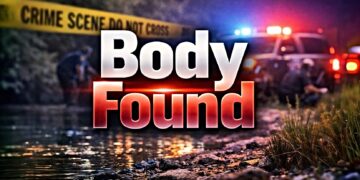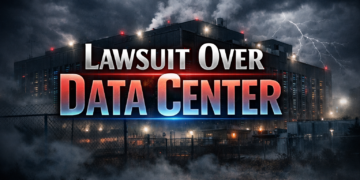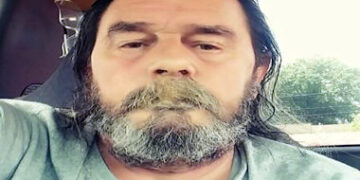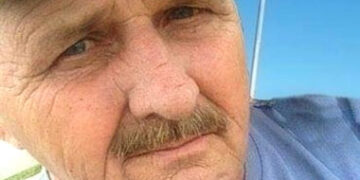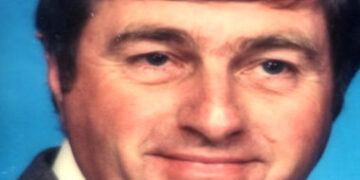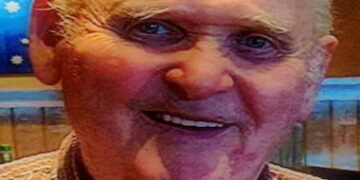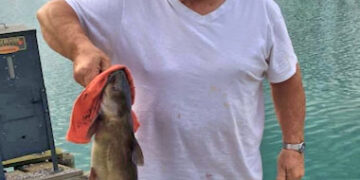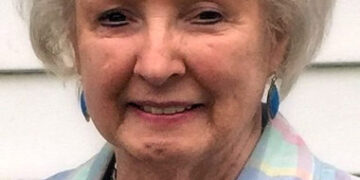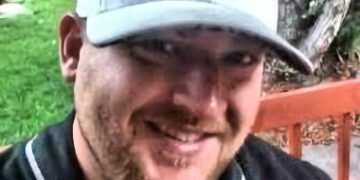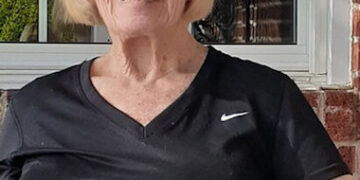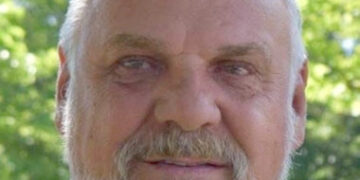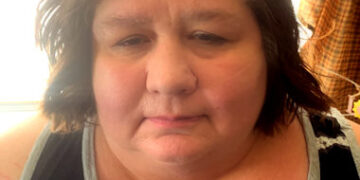Heat stroke and heat exhaustion are two serious conditions that arise when our bodies overheat. Although they both stem from prolonged exposure to high temperatures, they differ significantly in severity and symptoms. Recognizing these differences is crucial for effective first aid and timely medical intervention.
Heat Exhaustion: Symptoms and First Aid
Heat exhaustion occurs when your body gets too hot, often due to prolonged exposure to high temperatures, especially with high humidity, and strenuous physical activity.
Symptoms of Heat Exhaustion:
- Heavy sweating
- Weakness or tiredness
- Cool, pale, and clammy skin
- Fast, weak pulse
- Muscle cramps
- Dizziness
- Nausea or vomiting
- Headache
Immediate First Aid for Heat Exhaustion:
- Move the person to a cooler place, preferably indoors or into the shade.
- Have them lie down and elevate their legs slightly.
- Remove or loosen tight clothing.
- Apply cool cloths, or ice packs to the armpits, groin, neck, and back
- Encourage them to sip water slowly.
- Fan air on the person to help with cooling.
If symptoms worsen or last longer than an hour, seek medical attention immediately as untreated heat exhaustion can progress to heat stroke [4].
Heat Stroke: Symptoms and First Aid
Heat stroke is a much more severe condition that can be life-threatening. It happens when the body’s temperature regulation system fails, leading to a dangerously high body temperature, usually above 104°F (40°C).
Symptoms of Heat Stroke:
- High body temperature (104°F or higher)
- Hot, red, dry, or damp skin
- Strong, rapid pulse
- Headache
- Dizziness
- Nausea
- Confusion
- Loss of consciousness (passing out)
Immediate First Aid for Heat Stroke:
- Call 911 immediately as heat stroke is a medical emergency.
- Move the person to a cooler environment.
- Try to lower their body temperature with whatever methods are available, such as a cool bath, cool cloths, or ice packs applied to the armpits, groin, neck, and back.
- Do not give them anything to drink if they are vomiting or unconscious [2].
When to Seek Medical Treatment
- For Heat Exhaustion: If symptoms do not improve within one hour, or if the person has underlying health conditions or is elderly, seek medical help.
- For Heat Stroke: Immediate medical attention is essential. Call 911 if someone shows signs of heat stroke. Delay in treatment can cause severe complications or even be fatal [5].
Understanding and differentiating the symptoms of heat exhaustion and heat stroke can save lives. Recognizing the symptoms early and knowing the appropriate first aid steps ensures that individuals receive the help they need promptly. As temperatures rise, stay vigilant, stay cool, and stay safe.




